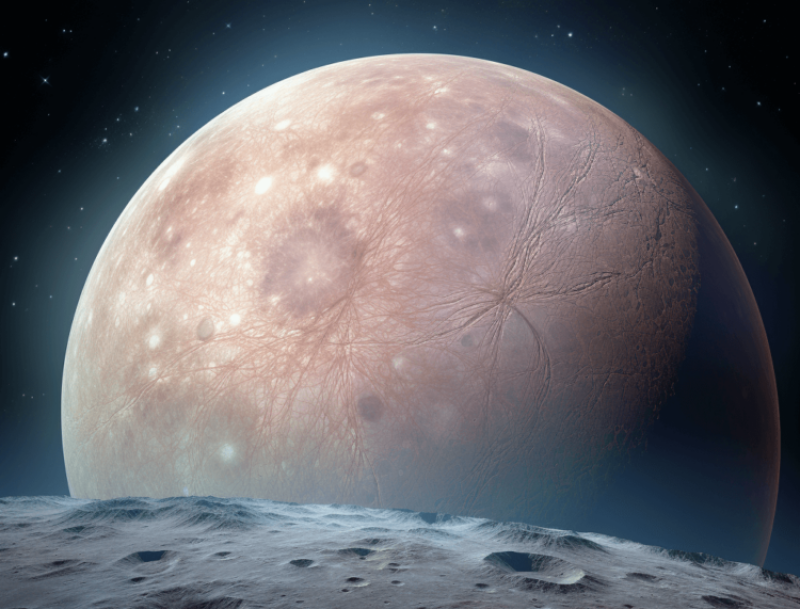Many are optimistic of detecting life signs on a faraway world within our lifetimes – possibly in the next few years.
And one scientist, leading a mission to Jupiter, goes as far as saying it would be “surprising” if there was no life on one of the planet’s icy moons.
Nasa’s James Webb Space Telescope (JWST) recently detected tantalising hints at life on a planet outside our Solar System – and it has many more worlds in its sights.
Telescopes can now analyse the atmospheres of planets orbiting distant stars, looking for chemicals that – on Earth at least – can be produced only by living organisms.
The first flicker of such a discovery came earlier [in September]. The possible sign of a gas that, on Earth, is produced by simple marine organisms was detected in the atmosphere of a planet named K2-18b, which is 120 light years away.
…
The team expects to know in a year’s time whether the tantalising hints are confirmed or have gone away.
Prof Nikku Madhusudhan of the Institute of Astronomy at Cambridge University, who led the study, told me that if the hints are confirmed “it would radically change the way we think about the search for life”.































